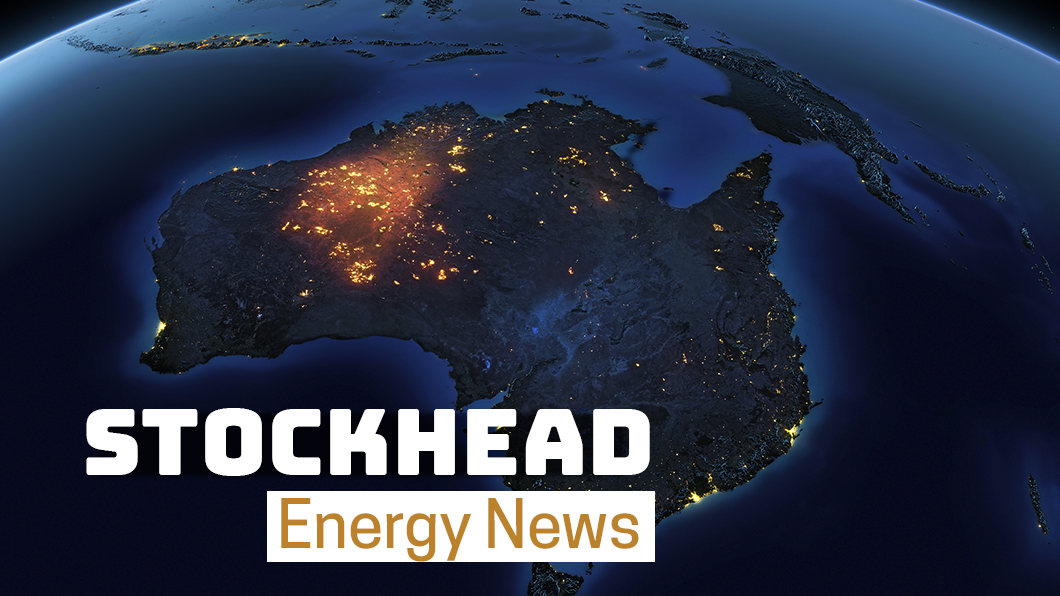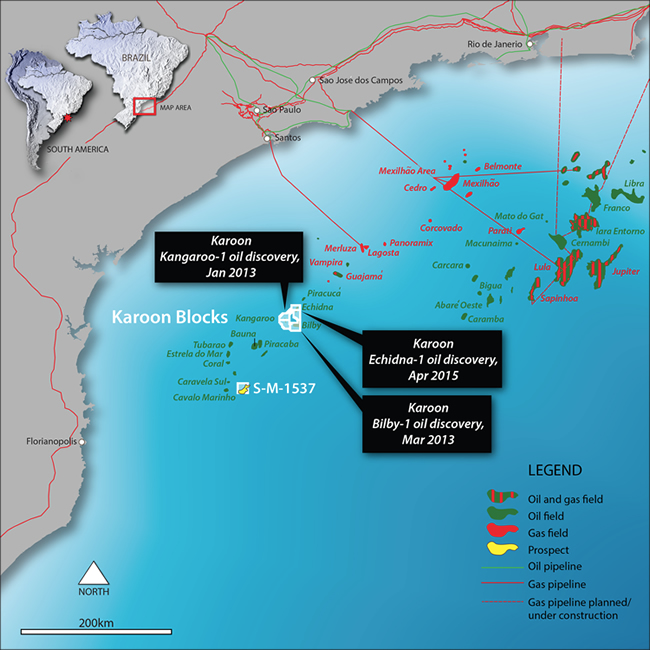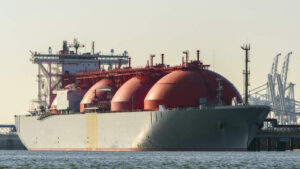Energy: Shell agrees to market and ship oil from Karoon’s Brazilian project

Pic: Matthias Kulka / The Image Bank via Getty Images
Only three months after buying a new project in Brazil’s Santos Basin for nearly $1 billion, Karoon Energy (ASX:KAR) is partnering with oil and gas giant Shell.
For the next five years, Shell will trade and ship crude oil that is produced from Karoon’s area in the Bauna Field. As part of the deal, Karoon will have access to Shell’s global marketing and shipping platform.
In other words, as Karoon boss Robert Hosking said this morning, it will directly access existing clients of Shell. It can also co-load on larger vessels, which will serve to reduce transport costs.

Karoon had been exploring in the Santos Basin since 2012 but only acquired the Bauna prospect in July.
The Baúna field consists of two producing oil reservoirs, Baúna and Piracaba, which are both tied back to a leased floating production, storage and off-loading facility.
This asset is currently producing 20,000 barrels of oil per day (bopd) and target production is ~33,000 bopd by 2022. Total reserves and contingent resources of ~68 million barrels.
While shares have retreated from the highs reached in the aftermath of the buy, shares jumped by 2 per cent this morning and are currently about 22 per cent higher than the level they were at 4 months ago.
Energy: Karoon picks up new oil project in Santos basin for nearly $1b; shares run hot
In other ASX small cap energy news today…
Buru Energy (ASX:BRU) has fallen 13 per cent this morning after reporting that its Miani 1 well in the Canning Basin, WA, did not intersect the expected sections of vuggy porosity, which are rock cavities that commonly align with the presence of oil and gas resources. The sell-off occurred despite more positive news from another of its wells, Ungani 7H, which the company plans to drill the horizontal section for production soon.
Uranium miner Deep Yellow (ASX:DYL) has seen positive results from its Namibian uranium project. Drilling results at Tumas Central included 1m at 647 parts per million uranium oxide from 4.1 metres and 2m at 457 parts per million from 2.1 metres. The company told shareholders only 60 per cent of this system has been drilled but previously discovered mineralisation has been sufficiently closed off to start resource drilling. Shares rose 6 per cent this morning.
UNLOCK INSIGHTS
Discover the untold stories of emerging ASX stocks.
Daily news and expert analysis, it's free to subscribe.
By proceeding, you confirm you understand that we handle personal information in accordance with our Privacy Policy.








